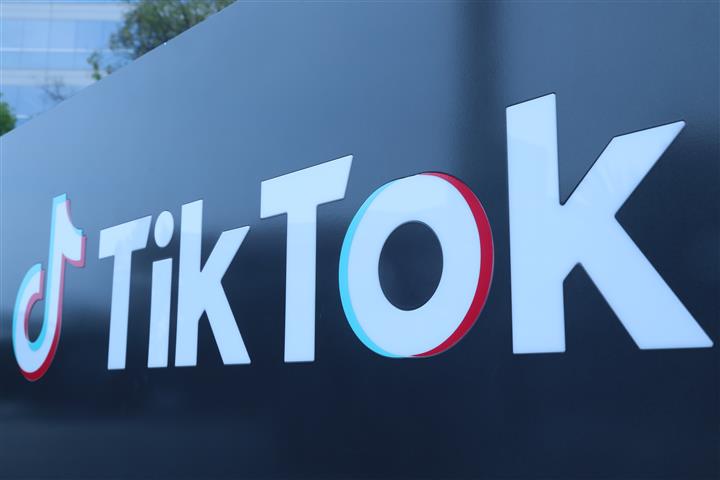 TikTok Learns a Bitter Lesson: US, India Are Not Like Indonesia
TikTok Learns a Bitter Lesson: US, India Are Not Like Indonesia (Yicai Global) Sept. 10 -- If ByteDance Technology's video sensation TikTok could choose, the political machinery of the US and India would come across a bit more like that of Indonesia.
The Chinese firm's video application is having tailwinds in Southeast Asia, partly due to its content clean-up, while its operations in India and the US are at risk due to government interventions.
Indonesia makes up half of TikTok's downloads in Southeast Asia. The country's government banned the Chinese platform on July 3, 2018, citing the impacts of bad content on young people. Within 24 hours, the platform dispatched executives to negotiate a deal with the government, which included raising the age requirement and hiring local managers to supervise content. The ban ended in a week.
Thereafter, success has been huge. By the end of August, downloads in Indonesia more than doubled from a year ago. The application's number of active users more than tripled to 7.3 million last year from 2018.
The hype has spread. In Southeast Asia, a region with a population of about 630 million people, the app has been downloaded nearly 200 million times, according to Sensor Tower data. Most of those are people aged below 30. Last year, the number of monthly active users in the region was 43.5 million as the app gained users in Malaysia, Vietnam, and Thailand, according to the parent's data.
But Southeast Asia is just a fraction of the platform's total as its global downloads reached 2 billion in April amid the Covid-19 pandemic, according to Sensor Tower. It is only the threatened US and India operations that firms such as Microsoft, Oracle, and Reliance Industries are reported to want to buy from the Beijing-based firm.
Closed doors in India could make Chinese firms look around in Asia. Many Chinese science and technology companies that have encountered setbacks in the Indian market have moved to Southeast Asia as most of them already run investment foundations in the region, said Zhou Shixin, an associate researcher at the Asia-Pacific Research Center of the Shanghai Institutes for International Studies.
Although the development speed of the Southeast Asian market may not be comparable with other high-growth regions, it is a safer choice as it represents a relatively rational market, Zhou added.
Expanding commercial services across Asia could make those markets more central to the parent. TikTok is debuting live-streaming marketing services in Southeast Asia, said Chew Wee Ng, the region's head of marketing.
Editor: Emmi Laine